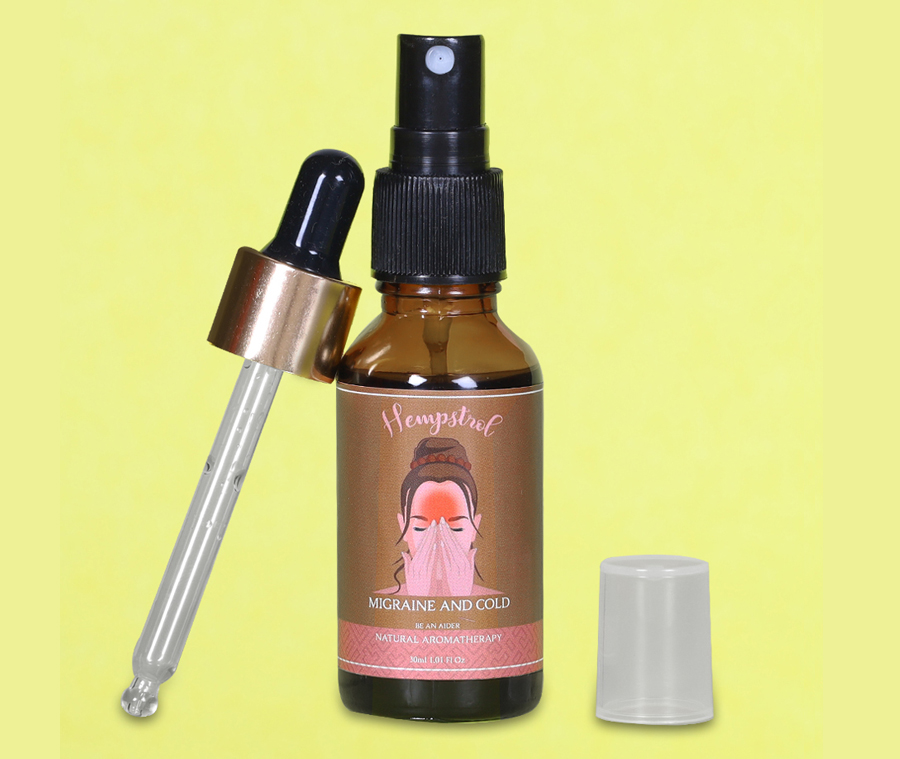Crohn’s disease and ulcerative colitis, sometimes known as inflammatory bowel disease (IBD), are chronic illnesses that cause inflammation in the digestive tract. These conditions can produce severe cramps, bloating, and diarrhea, disrupting daily life.
IBD encompasses two major diseases: Crohn’s disease and ulcerative colitis. Crohn’s disease primarily affects the small intestine, resulting in patches of inflammation. Ulcerative colitis, on the other hand, begins at the rectum and progresses throughout the colon. Despite the differences, both illnesses have common symptoms, which include: diarrhea, abdominal pain, and blood in feces. Symptoms aren’t just limited to them but may include weight loss, fatigue, and decreased appetite. In recent years, new research has emerged where CBD oil has come into the limelight where it is studied on how it can manage the symptoms associated with this disease. Before you buy cbd oil, let’s understand to what extent CBD can help people suffering from Crohn’s Disease.
What is CBD oil?
CBD oil is derived from the Cannabis sativa plant, but unlike its relative tetrahydrocannabinol (THC), CBD is not psychoactive, which means it does not provide a high. According to research, CBD may help with a variety of illnesses, including chronic pain, and anxiety, and even help to manage the symptoms of cancer. Recently, there has been increased interest in using cannabidiol (CBD), an active component found in the Cannabis sativa plant, to treat these symptoms. While research on CBD for IBD is limited, some preliminary results are encouraging.
Exactly how does CBD Help With IBD Symptoms?
Early research suggests that CBD may help manage some of the IBD symptoms. A small trial found potential in using CBD oil capsules to alleviate Crohn’s symptoms, while additional research suggests CBD may lower inflammation associated with colitis. According to the previously cited 2018 review, full-spectrum CBD oil with THC may improve quality of life and alleviate Crohn’s disease symptoms. More research is needed to find the most effective type of CBD for IBD before you decide to buy cbd oil.
What is the dosage that I should be taking?
If compared with other medications, CBD is a very new treatment hence, research is still continuous to find the best dosage for people suffering from IBD. Studies recommend starting with a low dose (about 40mg) and progressively increasing it as needed.
With that being said, there are certain aspects to know beforehand considering how CBD is still new. In India, many CBD-based brands have mushroomed up in various parts. Some of them are selling authentic products while others are mixing hemp seed oil in their composition. While CBD tends to be well accepted by most individuals, possible adverse effects may include nausea, exhaustion, and changes in appetite or weight. Hence, prior consultation is important. You can have an online medical consultation with the Hempstrol team. They are experts in their field and will be able to guide you regarding the dosage and potency you should be taking.
So we are saying,
CBD oil holds promise as a supplemental treatment to manage IBD symptoms. However, further research is required before you buy cbd oil for pain. If you’re thinking about using CBD, consult your doctor first to explore the potential advantages and side effects in your specific case. It’s important to realize that CBD isn’t a substitute for conventional IBD treatment.

